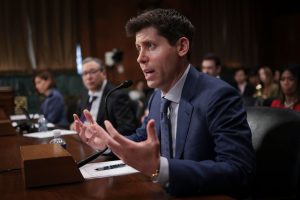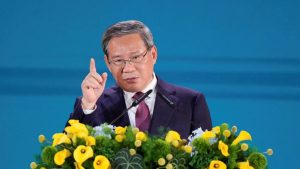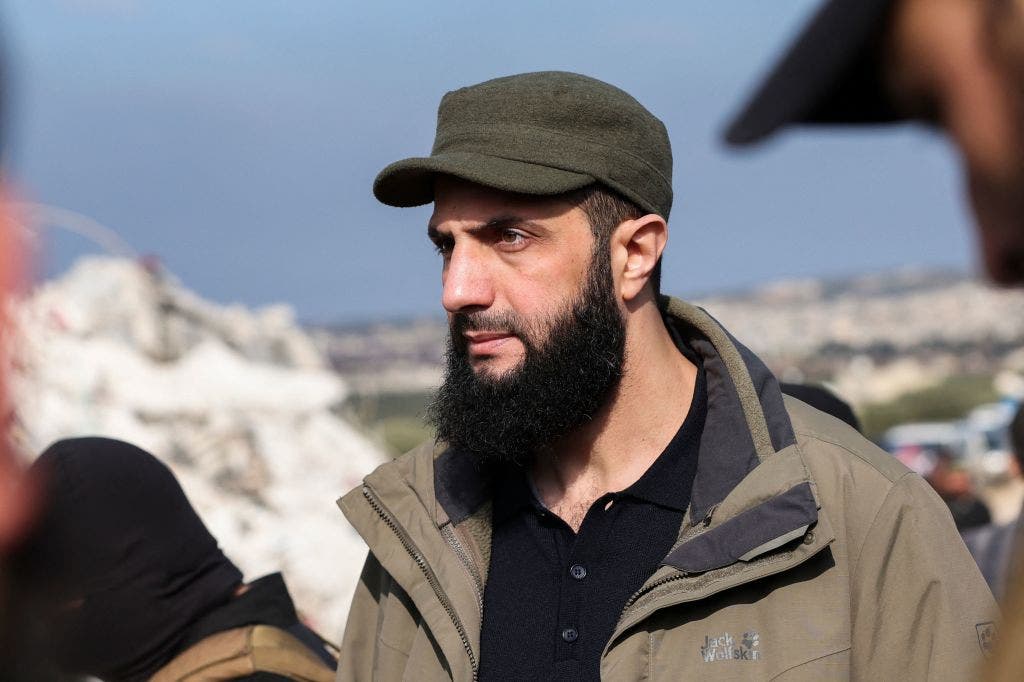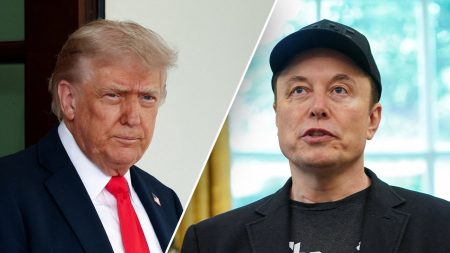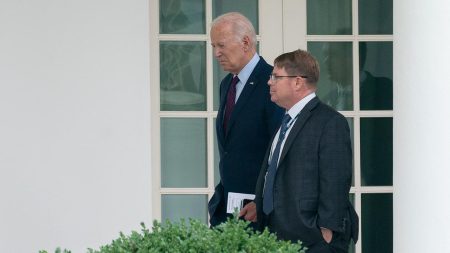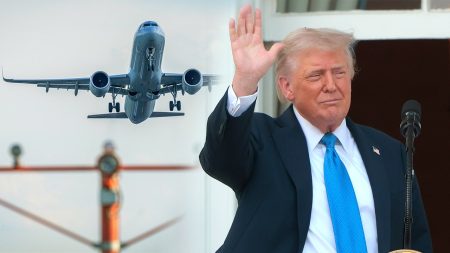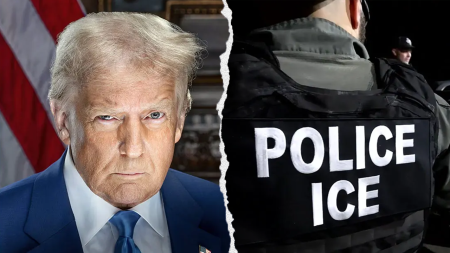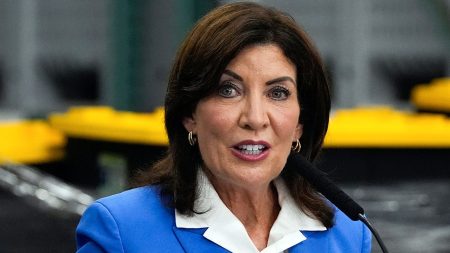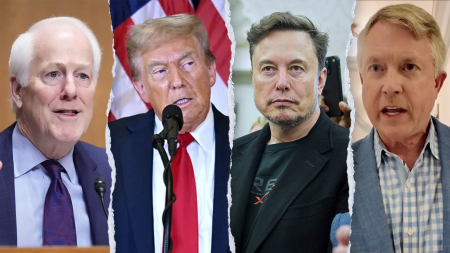Abu Mohammed al-Golani, the leader of the Islamist rebel group Hayat Tahrir al-Sham (HTS), has emerged as a central figure in the recent upheaval in Syria, leading a swift offensive that culminated in the overthrow of Bashar al-Assad’s regime and the capture of Damascus. Golani’s trajectory, however, is marked by a complex and concerning history intertwined with extremist ideologies, raising serious questions about the future of Syria under his influence. While he has recently attempted to project a more moderate image, particularly in the lead-up to and during the offensive, his past affiliations and actions paint a different picture, one that warrants careful scrutiny and raises significant concerns about the potential for continued instability and human rights abuses in the war-torn nation.
Golani’s journey into radicalism began in the aftermath of the 9/11 attacks. He left Syria to join al Qaeda in Iraq, gaining experience and solidifying his commitment to jihadist ideology. Upon returning to Syria during the 2011 uprising against Assad, he initially aligned himself with al Qaeda’s central leadership under Ayman al-Zawahiri. This period marked his involvement in numerous terrorist attacks, many of which targeted civilians, solidifying his reputation as a dangerous extremist. The U.S. State Department formally designated him as a Specially Designated Global Terrorist in 2013, recognizing his direct involvement in acts of violence and terrorism.
In 2016, Golani orchestrated a seemingly strategic break from al Qaeda, ostensibly distancing himself from the global terrorist network. He subsequently led the formation of Hayat Tahrir al-Sham (HTS) in 2017, consolidating control over territories in northwest Syria that had fallen out of government hands during the ongoing civil war. This move, while presented as a shift towards moderation, has been interpreted by some analysts as a tactical maneuver to gain legitimacy and broaden his base of support, rather than a genuine ideological transformation. This skepticism is fueled by concerns that the underlying extremist ideology remains, despite the superficial rebranding.
As HTS gained momentum and influence, Golani began to adopt a more measured public persona, particularly in recent years. This shift in rhetoric became more pronounced as the rebel offensive against Assad gained traction. He offered assurances of protection for religious minorities, emphasizing coexistence and tolerance. However, these pronouncements have been met with skepticism by observers who point to the deep-seated extremist roots of HTS and the lack of concrete actions to support his claims of moderation. The concern remains that these pronouncements are part of a calculated strategy to gain international acceptance and consolidate power, rather than a genuine change in ideology.
Experts, like Bill Roggio of the Long War Journal, caution against accepting Golani’s moderate pronouncements at face value. They argue that his history of extremism and his skillful manipulation of public perception should raise red flags. Roggio highlights Golani’s expertise in playing the “moderate game” while maintaining his core jihadist beliefs. This assessment underscores the need for a cautious approach and a thorough examination of HTS’s actions, rather than relying solely on rhetoric. The international community must be wary of being swayed by superficial changes in presentation and must demand concrete evidence of a genuine commitment to moderation and human rights.
The fall of Assad’s regime, though welcomed by many Syrians weary of his brutal rule, presents a new set of challenges and uncertainties. While the removal of a tyrannical leader offers a glimmer of hope, the potential for another form of authoritarianism, this time under the banner of Islamist extremism, casts a long shadow over Syria’s future. The international community faces a complex dilemma in navigating this new landscape. While acknowledging the legitimate aspirations of the Syrian people for a more just and democratic future, it must also remain vigilant against the rise of extremist forces that could exploit the power vacuum and further destabilize the region. The focus must be on supporting a transition to a truly inclusive and representative government that respects the rights of all Syrians, regardless of their religious or ethnic background, while actively countering any attempts by extremist groups to seize control and impose their ideology.

